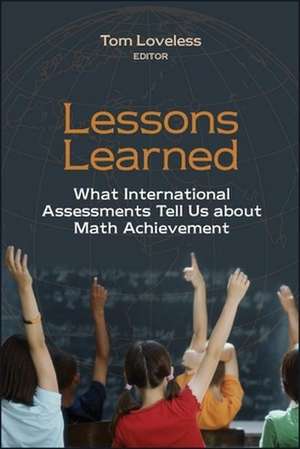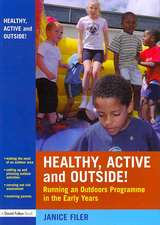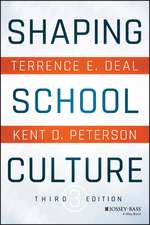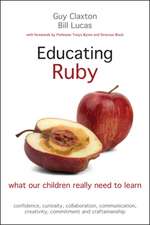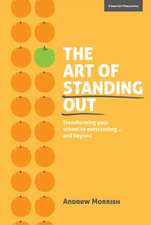Lessons Learned: What International Assessments Tell Us about Math Achievement
Editat de Tom Lovelessen Limba Engleză Paperback – 5 oct 2007
Standards for education achievement are under scrutiny throughout the industrial world. In this technological age, student performance in mathematics is seen as being particularly important. For more than four decades, international assessments conducted by the International Association for Evaluation of Educational Achievement (IEA) have measured how well students are learning mathematics in different countries. The latest round of mathematics testing of the Trends in Mathematics and Science Study (TIMSS) takes place in 2007. Beyond the horse race—the rankings that compare nations—what have we learned from the wealth of data collected in these assessments? How do US math curriculums compare to those used overseas? Is the effect of technology in the classroom uniform across nations? How do popular math reforms fare abroad? Those are some of the critical issues tackled in this important book. The authors use the database to address several pressing questions about school policy and educational research. For example, Ina Mullis and Michael Martin review the major lessons learned over the history of TIMSS testing. William Schmidt and Richard T. Houang examine whether curricular breadth affects student achievement. Jeremy Kilpatrick, Vilma Mesa, and Finbarr Sloane evaluate American performance in algebra relative to other nations and pinpoint strengths and weaknesses in American students' learning of algebra.
Preț: 256.01 lei
Nou
Puncte Express: 384
Preț estimativ în valută:
48.99€ • 52.38$ • 40.84£
48.99€ • 52.38$ • 40.84£
Carte tipărită la comandă
Livrare economică 18 aprilie-02 mai
Preluare comenzi: 021 569.72.76
Specificații
ISBN-13: 9780815753339
ISBN-10: 0815753330
Pagini: 275
Ilustrații: illustrations
Dimensiuni: 152 x 229 x 19 mm
Greutate: 0.3 kg
Editura: Brookings Institution Press
Colecția Brookings Institution Press
ISBN-10: 0815753330
Pagini: 275
Ilustrații: illustrations
Dimensiuni: 152 x 229 x 19 mm
Greutate: 0.3 kg
Editura: Brookings Institution Press
Colecția Brookings Institution Press
Notă biografică
Tom Loveless is director of the Brown Center on Education Policy and senior fellow in the Governance Studies program at the Brookings Institution. He is the author of the annual Brown Center Reports on American Education.
Descriere
Standards for education achievement are under scrutiny throughout the industrial world. In this technological age, student performance in mathematics is seen as being particularly important. For more than four decades, international assessments conducted by the International Association for Evaluation of Educational Achievement (IEA) have measured how well students are learning mathematics in different countries. The latest round of mathematics testing of the Trends in Mathematics and Science Study (TIMSS) takes place in 2007. Beyond the horse race—the rankings that compare nations—what have we learned from the wealth of data collected in these assessments? How do US math curriculums compare to those used overseas? Is the effect of technology in the classroom uniform across nations? How do popular math reforms fare abroad? Those are some of the critical issues tackled in this important book. The authors use the database to address several pressing questions about school policy and educational research. For example, Ina Mullis and Michael Martin review the major lessons learned over the history of TIMSS testing. William Schmidt and Richard T. Houang examine whether curricular breadth affects student achievement. Jeremy Kilpatrick, Vilma Mesa, and Finbarr Sloane evaluate American performance in algebra relative to other nations and pinpoint strengths and weaknesses in American students' learning of algebra.
